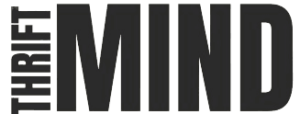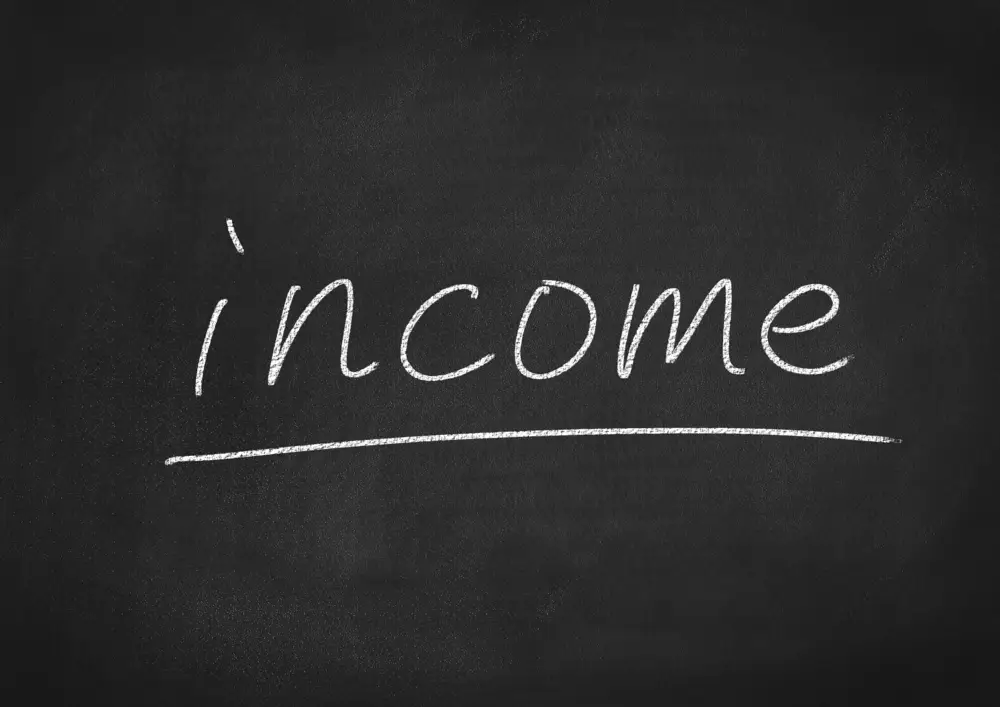Money Organizer: The Complete Guide on Correctly Managing Your Money
Reaching financial stability and mental peace of mind primarily depends on effective money management. A well-organized approach to money management can reverse your financial situation by improving clarity, sharping budgeting strategies, and reducing stress. Whether your financial road is brand-new or you wish to enhance your present method, using a money organizer might make all the difference. This book will show you how to organize your money professionally and offer tools, strategies, and professional guidance to help you accomplish financial success.
A Money Organizer is what?
Meaning of a Money Organizer
A money organizer is a method, tool, or system people use to track and manage their personal money. It offers a whole structure to monitor debt, income, expenses, and savings, so ensuring that every financial decision advances overall goals. By way of a neat and ordered approach to financial management, one hopes to give people more control over their financial future and thereby reduce stress.
Benefits of a financial coordinator
Organizing your money offers several benefits. More financial clarity and budget management enable you to know exactly where your money is going, so enabling smarter decisions on where to spend it and so ensure your living within your means. Having a plan enables you to eliminate the unpredictability and worry sometimes related to handling money. Seeing your financial picture thanks to a money organizer helps you to maintain ongoing management. Whether your goal is debt reduction, savings increase, or spending cutback, a methodical approach guides your wise financial selections.
Different Kinds of Money Organizers
Organizers of money have many different forms. These are a few options: Conventional tools as cash envelopes, notebooks, or calendars allow individuals to personally track expenditure and savings. Popular digital applications such Mint, YNAB, and spreadsheets (Excel or Google Sheets) are ones that can automatically and simplify the process of money organizing.

Sort Your Income Like a Pro
Creating Financial Goals
Before diving into savings and budgeting, well defined financial goals are rather important. These goals could be short-term—that of saving for a trip or credit card debt pay-off—or long-term—that of establishing retirement savings or purchasing a property. First giving your goals top attention will help you to decide how much money you should commit to each one of them. A goal-oriented approach gives your financial decisions direction and objective.
Creating a budget
The basis of any money manager is a well-kept budget. Among other crucial areas, a budget allows you to split your income to pay debt, savings, and living expenditures. These rules could help you: Fixed expenses include rent, utilities, and subscriptions; food, entertainment, and gas could be changeable. Using the 50/30/20 Rule: Popular budgeting method is this one: 50% for essentials like housing and utilities. 30% for wants (like entertainment or dining out). 20% for savings and loan payback. This simple rule can help you to allocate funds sensibly and stop overpaying in non-essential areas.
Tracking Your expenses
Monitoring your spending is one ongoing habit that guarantees you stay within your means. Consistency is vitally critical regardless of your method—manual, spreadsheet, or app-based. Regularly tracking your spending enables you to see any trends that might be preventing your financial progress. It helps you also adapt to stay on goal. Linking to your bank accounts and classifying your expenses, programs like Mint or YNAB automatically monitor your spending. Alternatively, creating a hand-made system out of spreadsheets provides a complete, customized solution.
Establishing a Disaster Funds
An emergency reserve is absolutely basic in financial planning. It offers financial padding for unexpected expenses including job loss, auto repairs, or medical fees. Build an emergency fund with at least three to six months’ worth of living expenses, advised financial experts. To ensure a consistent growth of your emergency fund, automate transfers to your savings account. Start small and over time increase contributions gradually. Dealing with debt can keep you from ever reaching financial freedom. A money organizer lets you keep focused on debt reduction by clearly stating your obligations. Two usually utilized strategies to deal with debt are: Debt Snowball: Focus on clearing your smallest debt even if you are making minimum payments on other obligations. Once the lowest debt is paid off, start the next once. First pay off high-interest debt to finally reduce the overall interest you pay over time. Keeping you on target with your debt payback plan ensures your motivation and enables you to prevent missing payments with a money organizer.
Tools and Apps for Arrangement of Your Income You Should Know
Top Budgeting Tools to Keep You on Target
Many programs help you to guarantee that you keep on top of your money and simplify your budgeting process: Mint is an all-inclusive program with tracking of your spending, automatic transaction categorizing, and budgeting tools. With an emphasis on proactive budgeting, YNAB (You Need A Budget) stresses helping you assign every dollar a job. A basic tool, PocketGuard records your expenses and provides information on your left-over disposable income. These basic programs with their easy-to-use interface enable one to control their money.
Spreadsheet Templates for Financial Management
Anyone who would desire a more hands-on approach would be well suited for creating a customized spreadsheet. Excel’s and Google Sheets’ templates enable you track income, expenses, and savings goals. You also can create your own from scratch to meet your specific needs.
Physical Money Organizers—Budget Plans, Cash Envelopes
For people who would rather not rely on digital tools, conventional physical organizers such as budget planners or cash envelopes remain invaluable. The envelope technique, for example, advises saving money for many categories—such as grocery or entertainment—then only using from each envelope.

Professional Recommendation on Maintaining Financial Control
- Consistency is quite vital: Good financial management depends on consistency exactly. Regular budget review and cost analysis help you to keep discipline.
- Check Your Budget Often: Your goals and financial situation could change with time. Review your budget every few months and adjust depending on changes in income, expenses, or priorities.
- Avoiding impulse buying: Impulse purchase is one of the most regularly occurring causes of budget breakdown. A money organizer can help you to manage your spending on non-essentials by providing a clear framework for this amount. Limit your expenses; always check your budget before deciding what to buy.
Typical Money Organization Mistakes to Avoid Not Tracking Small Spending
Though little expenses like coffee or snacks might not seem like much, over time they can add up. Always remember every expense, no matter how small, if you want a reasonable view of your financial situation.
Not Setting Appropriate Income Targets
Unreasonably high financial expectations could lead to disappointment and irritation. Make sure your goals line your income and way of life.
Avoiding Emergency Savings
Ignoring to build an emergency reserve could have big consequences. Without a safety net, unexpected expenses could lead to debt or financial problems.
In last resort
Using a money organizer helps you firstly sort your money toward financial freedom. Strengthening your financial status and reducing stress will depend on well defined goals, a solid budget, careful spending tracking, and building of an emergency fund. The answer is consistency whether your favorite method is old cash envelopes or digital aids like budgeting apps. Start today to organize your money and seize control of your financial future to living a stress-free, improved life.
Personal finance, debt management, savings strategies, money management, top money apps, financial planning, tools for financial organization, cost control, financial goals, monitoring of expenses
Emphasizing Google’s EEAT regulations, this page is supposed to be engaging, instructive, and search engine optimized. It also ensures that every element uses active voice and transition words and presents readers with worthy, useful knowledge.


